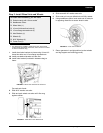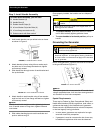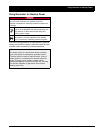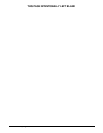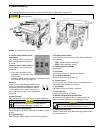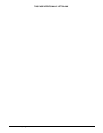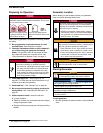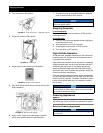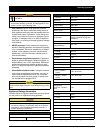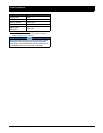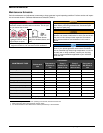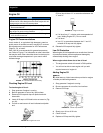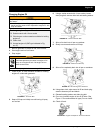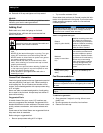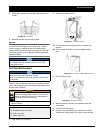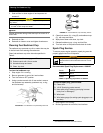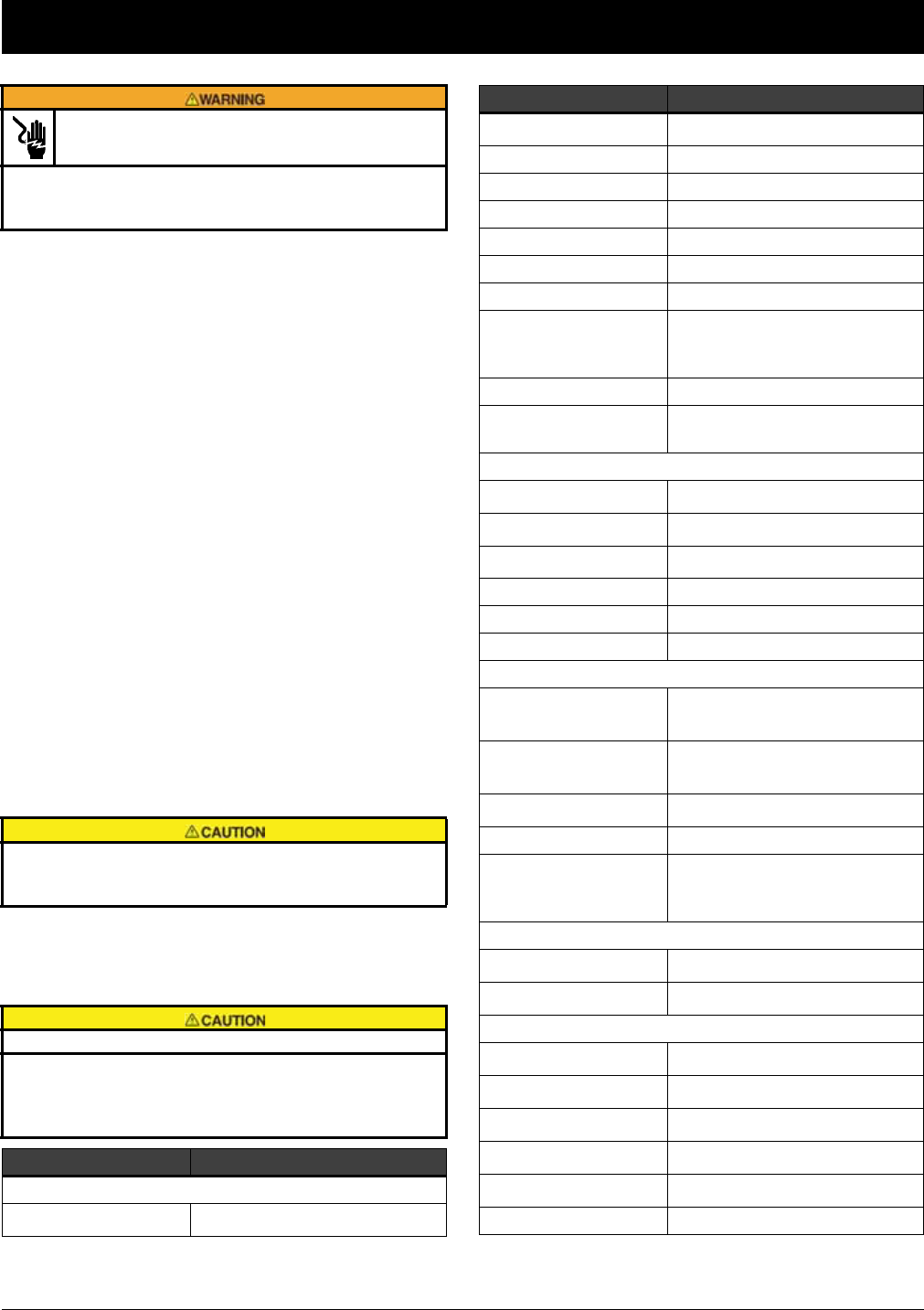
HW4000 Portable Generator Owner’s Manual www.honeywellgenerators.com 17
Powering Appliances
• Plan carefully: Before using generator to power
appliances, take time to add power rating (watts) of
each appliance and verify that total wattage does not
exceed rated output of generator. Power rating infor-
mation can usually be found on an appliance’s prod-
uct label, or stamped inside or on back of appliance.
See Table1 for a listing of average appliance wattage
requirements.
• NEVER overload: Circuit breakers will stop flow of
electricity between generator and appliance if genera-
tor is overloaded. This will be indicated by a “tripped”
breaker. If this happens, power off and disconnect
appliance(s), wait a few minutes, and then push to
reset circuit breaker.
• Pay attention to appliance operation: If appliance
begins to operate abnormally, becomes sluggish, or
stops suddenly, turn it OFF immediately. Disconnect
appliance and determine whether problem is appli-
ance, or if rated load capacity of generator has been
exceeded.
• Use suitable extension cords: If using an extension
cord to connect appliance to generator, use only UL-
listed, three-prong extension cords. Be sure exten-
sion cord is proper size (wire-gauge) to handle elec-
tric load that will be plugged into it.
Appliance Wattage Information
Use table below as a guide to determine how much power
you will need to run appliances using generator.
Faulty appliances and power cords can result in elec-
trical shock.
• Before attempting to power an appliance, be sure genera-
tor has been properly grounded, and that appliance and
power cord are in good working order.
Do not run power cords under carpet, rugs, or other materi-
als where heat might build up or cord damage may go unno-
ticed.
The values provided in following table are estimates only.
• ALWAYS verify actual wattage requirements for appliance
you will be powering. Check labels inside or on the back
of appliance, refer to appliance operating manuals, or
contact appliance manufacturer.
Appliance Typical Running Watts
Air Conditioner*
• Central
3500
TABLE 1. Typical Appliance Running Wattages
• Window
500-1440
Aquarium 50-1210
Clock radio 10
Coffee maker 900-1200
Washing machine 350-500
Electric dryer 1800-5000
Iron 1000-1800
Dishwasher*
1200-2400 (using drying feature
greatly increases energy con-
sumption)
Dehumidifier* 785
Electric blanket
(Single/Double)
60 / 100
Fans*
• Ceiling
65-175
• Window
55-250
Furnace*
750
*
Hair dryer 1200-1875
Heater (portable) 750-1500
Microwave oven 750-1100
Personal computer
• CPU - awake /
asleep
120 / 30 or less
• Monitor - awake /
asleep
150 / 30 or less
• Laptop
50
Radio (stereo) 70-400
Refrigerator*
(frost-free, 16 cubic
feet)
725
Sump pump*
• 1/2 hp
2150
• 1/3 hp
2300
Television (color)
• 19"
65-110
• 27"
113
• 36"
133
• 53"-61" Projection
170
• Flat screen
120
Toaster 800-1400
Appliance Typical Running Watts
TABLE 1. Typical Appliance Running Wattages



